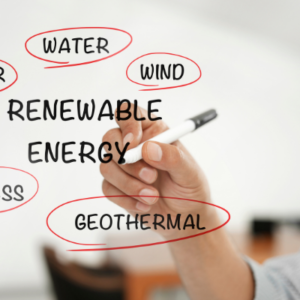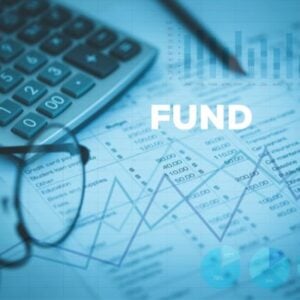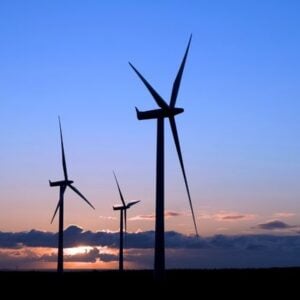Mauritania has signed a landmark $300 million Independent Power Producer (IPP) agreement with Iwa Green Energy to develop a 60-megawatt hybrid solar-wind power plant, marking the country’s first private-sector-led renewable energy project.
Scheduled to begin operations in September 2026, the facility will significantly boost Mauritania’s current 450 MW installed capacity, advancing the government’s drive to expand electricity access and accelerate the energy transition.
Speaking at the signing ceremony in Nouakchott, Economy and Finance Minister Sid’Ahmed Ould Bouh said: “This project with private actors demonstrates their confidence in the Mauritanian government’s commitment to diversifying the production base and providing sustainable energy sources to serve the economy.”
Mauritania currently faces severe energy access challenges, with fewer than 10 percent of rural households connected to the grid and heavy dependence on imported fossil fuels. Under President Mohamed Ould Cheikh El Ghazouani’s energy transition plan, the country has set ambitious targets of universal electricity access and 70 percent renewable generation by 2030.
The project is one of the first to be developed under the Desert to Power initiative’s Independent Power Producer Joint Protocol, a framework spearheaded by the African Development Bank (AfDB) to attract private capital into renewable energy projects across 11 Sahel countries through standardized investment terms.
Energy Minister Mohamed Ould Khaled emphasized that the fully private financing model allows Mauritania to expand its energy supply without increasing public debt.
Daniel Schroth, AfDB’s Director for Renewable Energy and Energy Efficiency, hailed the deal as a milestone: “This project will contribute to the goals of the Desert to Power Initiative and Mauritania’s Mission 300 Energy Compact. It is a strong example of how the Joint Protocol can accelerate renewable IPP projects in the Sahel.”
The agreement reflects a broader trend across Africa, where governments are increasingly turning to independent power producers to mobilize private investment, scale renewable generation, and ease pressure on public finances.






